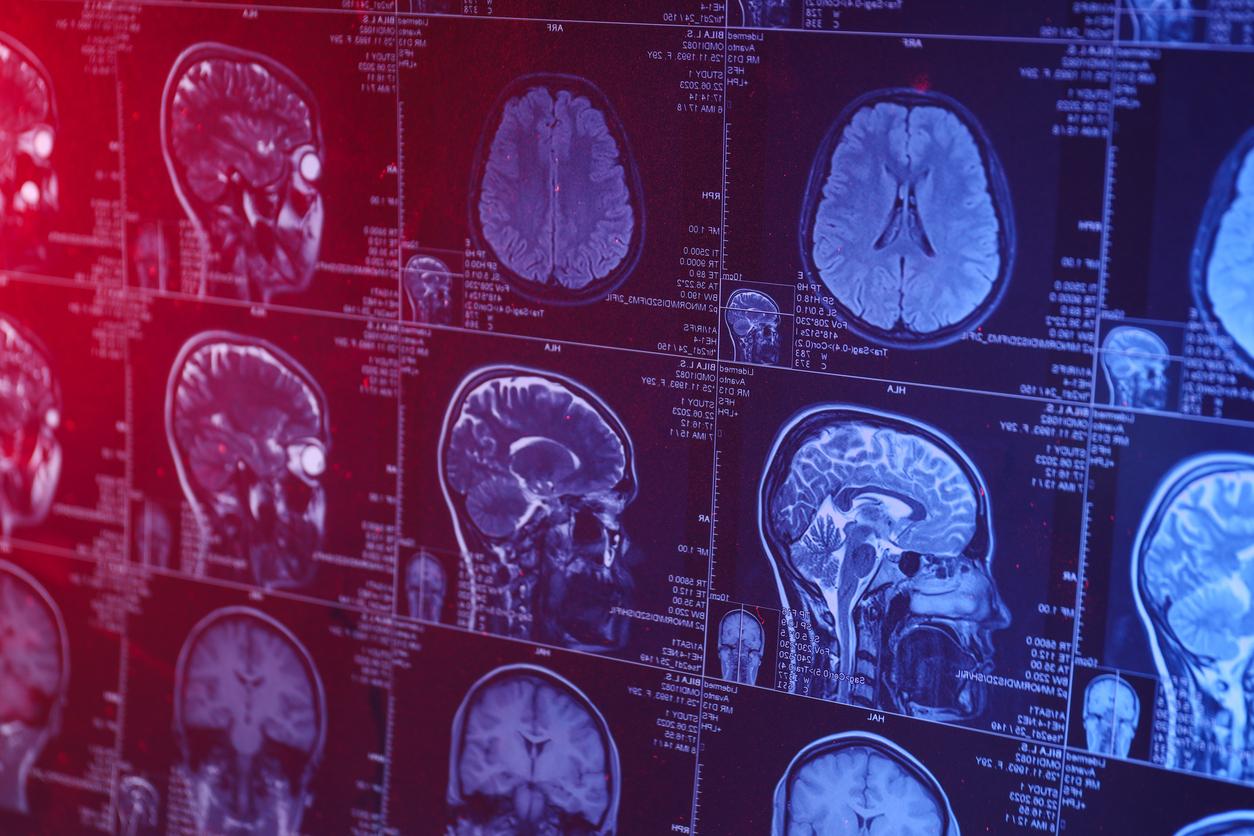Acting on a group of brain cells could help you lose weight without changing your diet.

- A group of neurons in the hypothalamus is associated with fat accumulation and weight gain.
- But an enzyme makes it possible to activate it and therefore trigger weight loss, without changing the diet.
- A treatment is currently being studied, but the first results are “remarkable”.
What if the brain was the key to losing weight? According to researchers at the Institute for Basic Science, located in South Korea, brain cells could be the key to enabling weight loss in obese people, without changing their diet. In the specialist journal Nature Metabolismthese scientists present their work.
Obesity: a group of neurons linked to weight regulation
“The complex balance between food intake and energy expenditure is overseen by the brain’s hypothalamus, they specify in the preamble. Although it is known that neurons in the lateral hypothalamus are connected to adipose tissue and are involved in fat metabolism, their exact role in regulating fat metabolism remains a mystery.” This study on mice revealed the role of a group of neurons present in the hypothalamus. This expresses “specifically the receptor for the inhibitory neurotransmitter “GABA (gamma-aminobutyric acid)” and is “associated with the α5 subunit of the GABAA receptor and was therefore named GABRA5 group”. More concretely, by observing obese mice, Korean scientists noticed a significant slowdown in the triggering of the GABRA5 neuron stimulator. They then tried to inhibit the activity of these GABRA5 neurons and this led to a reduction in heat production, and therefore energy consumption, in brown adipose tissue, leading to fat accumulation and weight gain. . “When GABRA5 neurons in the hypothalamus were activated, the mice successfully lost weight., they specify. According to them, the GABRA5 group of neurons could be a kind of switch for weight regulation.
Weight loss: an effective treatment without changing your diet?
But the researchers then went further: they discovered that cells in the hypothalamus, called astrocytes, regulate the activity of GABRA5 neurons. Suppression of gene expression in these cells can “decrease GABA secretion, thereby reversing unwanted inhibition of GABRA5 neurons”. In this test on mice, scientists demonstrated that by acting on this enzyme, it was possible to increase heat production in the fatty tissues of obese animals, without changing their diet. “This experimentally proves that the MAO-B enzyme present in reactive astrocytes can be an effective target for the treatment of obesity without compromising appetite.”they conclude.
A promising treatment to fight obesity
Another trial on a drug, called KDS2010, capable of acting on this enzyme is underway. It has already shown results “remarkable” with a “substantial reduction in fat accumulation and weight without any impact on the amount of food ingested”. “Since obesity has been designated by the World Health Organization (WHO) as the ’emerging infectious disease of the 21st century’, we view KDS2010 as a potential next-generation treatment for obesity that can effectively combat it. without suppressing the appetite”estimates C. Justin Lee, who led this study. According to WHO, the number of cases of obesity has almost tripled worldwide since 1975.

















